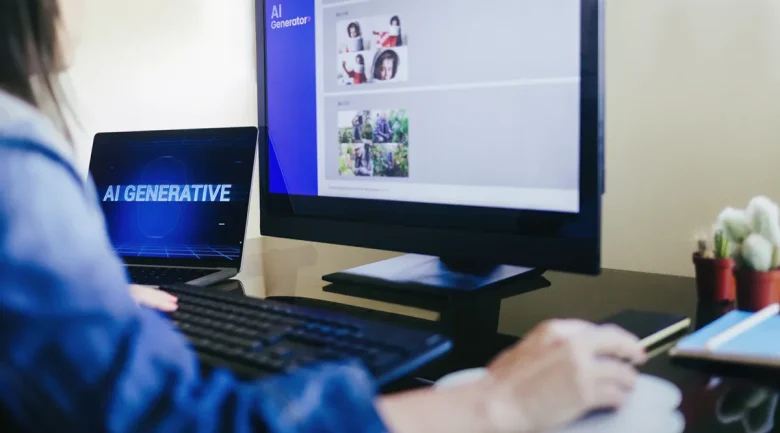As technology advances, cyber threats are becoming more sophisticated, with artificial intelligence (AI) playing a dual role—both as a tool for businesses and a weapon for cybercriminals. Small businesses, often lacking extensive cybersecurity resources, are particularly vulnerable.
The rise of AI-driven cybercrime
Curtis Adair, partner at MNP’s Advisory Services Group, highlighted the growing risks at a recent discussion on cybersecurity. He noted that AI has made phishing attacks far more convincing, eliminating the spelling and grammar errors that once made fraudulent emails easier to spot.
“Cybercriminals can now generate well-crafted phishing emails in seconds,” Adair said. “You may get an email from your boss asking you to send a payment, and without proper protocols, you could unknowingly send money to a cybercriminal.”
Social engineering, ransomware, and AI-generated scams are also growing concerns. Adair demonstrated how easily AI can mimic voices in multiple languages, raising the risk of deepfake scams. “Hackers can take an image or video you’ve posted online and suddenly they’re impersonating you,” he said.
Strengthening cybersecurity defenses
To protect against these threats, businesses should prioritize multi-factor authentication, ensuring that even if a password is compromised, attackers cannot gain access without a second verification step.
“The weakest point in any business is its people,” Adair said. “You can have the best technology, but if an employee clicks the wrong link, your business is still at risk.”
Other essential cybersecurity measures include limiting employee access to sensitive data, keeping software updated to patch vulnerabilities, and maintaining encrypted backups to recover data in case of an attack.
AI as both a risk and a solution
While AI presents risks, it also enhances security. “AI isn’t just a tool for cybercriminals—it’s also improving cybersecurity by detecting threats in real time and automating responses,” Adair said.
Beyond security, businesses are using AI to streamline operations, from automating routine tasks to optimizing supply chains. Those looking to adopt AI should start small, use built-in tools in existing platforms, and ensure strong data security to prevent misinformation or bias.
The need for ongoing vigilance
Cyber threats are constantly evolving, and businesses must stay proactive. “Cybersecurity isn’t a one-time fix—it’s an ongoing process,” Adair said. With cybercriminals leveraging AI, small businesses must take steps to protect themselves—because in today’s digital landscape, security isn’t optional.



